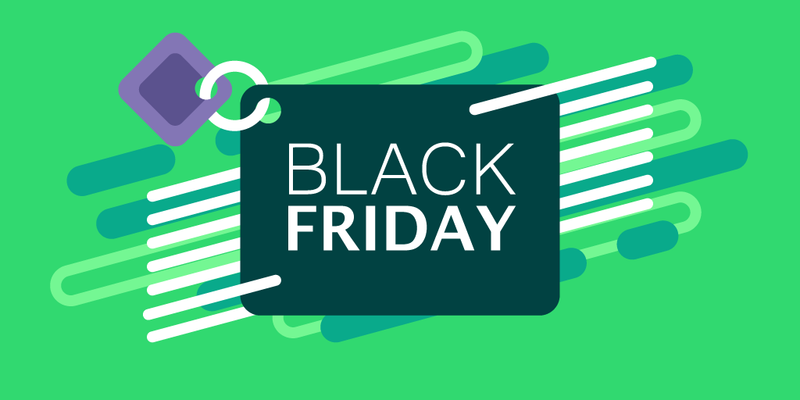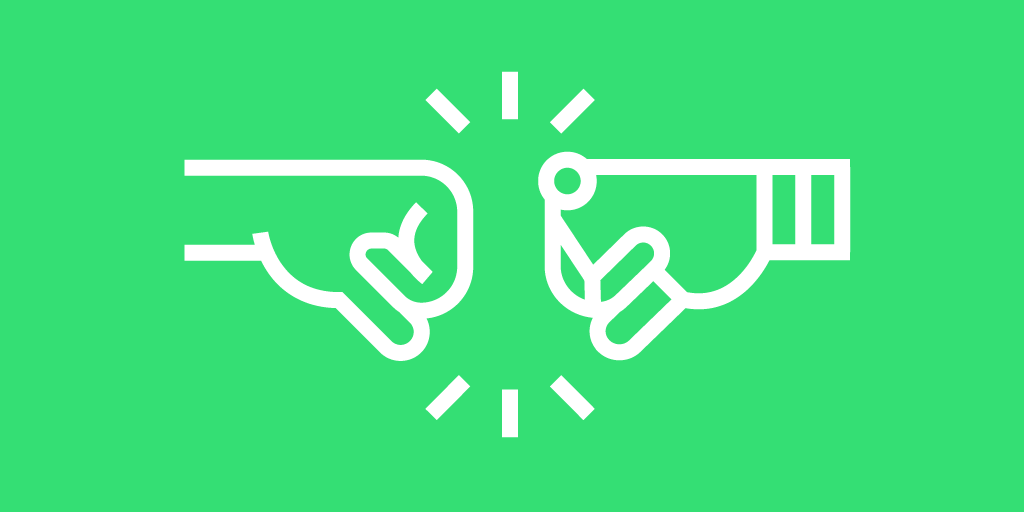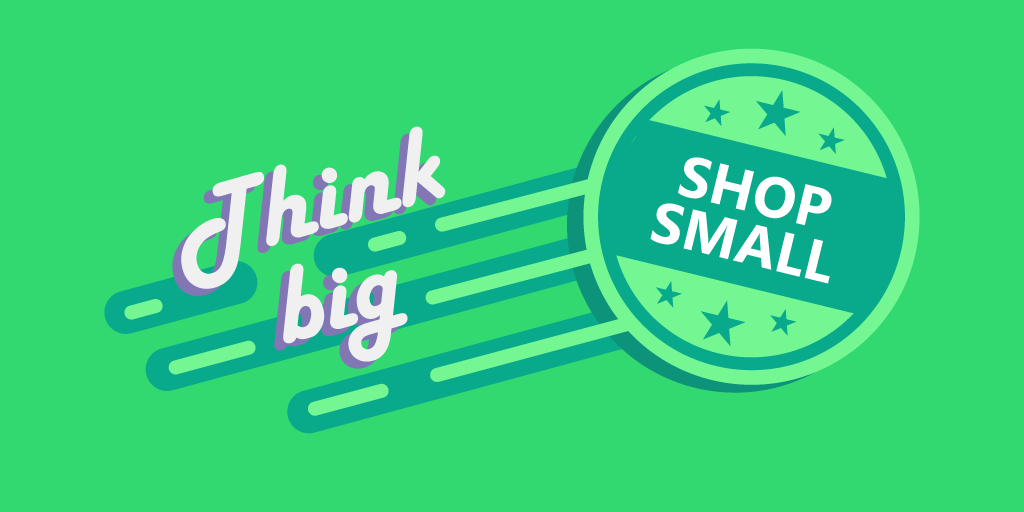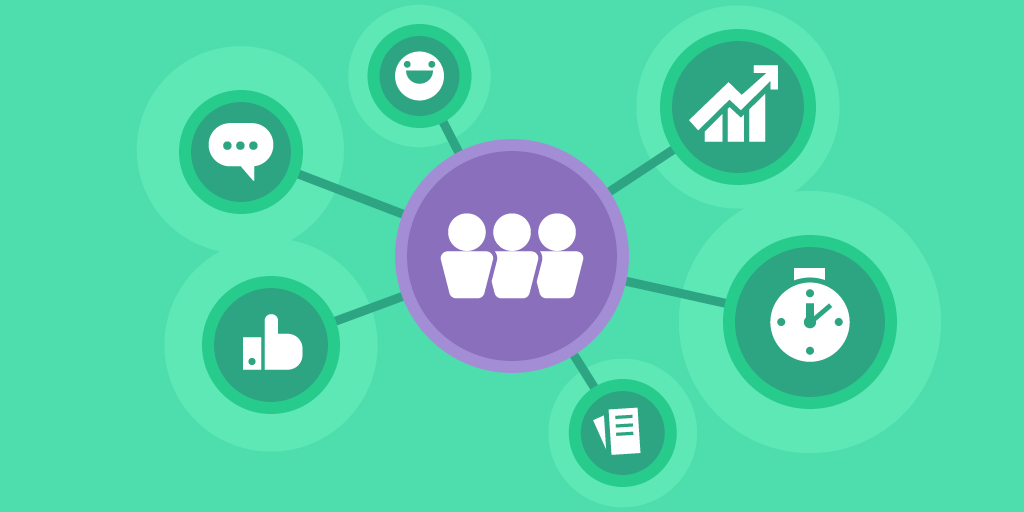You hear that? This is a tsunami alert system going haywire, trying to warn you of a tidal wave of Black Friday shoppers headed your way.
Which means you have to get ready for this:

It’s amazing how much time people are willing to spend camping, just to get that sweet deal earlier than all the rest.
Speaking of time, here’s how much you’ve got until Black Friday 2019:
The best time to start preparing for it was yesterday. Tick-tock goes the clock!
Sorry, we didn’t mean to scare you. Here, let us give you this incredibly useful checklist for getting your crowd management strategy in order for Black Friday 2019.
Ready? Well, once you read this checklist, you will be.
Customer safety first

From the perspective of a shopper, getting through a hectic Black Friday sale is a hazardous ordeal. Black Friday sales attract huge crowds, and crowds are nothing if not unpredictable.
There are numerous OSHA safety tips for Black Friday to keep in mind:
Make sure your Black Friday queues are efficiently managed with queuing tools.
Have trained security/crowd management personnel on site.
Create a detailed staffing plan to leave no corner unattended by employees.
Designate an employee responsible for contacting emergency responders.
Setting up rope lines may seem like a sound idea at first, but managing crowds with barricades and stanchions may prove more harmful than helpful. One accidental shove, and all the rope barriers fall like dominoes — and customers along with them.
Digital queue management tools do not take as much space and are more effective at managing lines.
Speaking of which...
Keep the lines moving

People nowadays lack patience, so making queues move at a steady pace is a safe bet.
A highly organized waiting flow, with minimal wait times, is your ticket to surviving Black Friday as a retail owner. But be careful: there’s no room for mistakes. Should you choose an ineffective queue management tool — say, an outdated take-a-number printer solution — and you’re bound to make things harder for yourself.
What you need on Black Friday is a digital queuing system. A virtual queue allows customers to check in at their convenience with self-service tools, resulting in a less hectic atmosphere and faster checkout.
It’s hard to overestimate the role of a queuing system in your retail strategy, as improper queue management can negatively affect your bottom line. The right queuing software is one that lifts the burden from both your customers and your staff.
Utilize space

Both customer safety and fast queue management depend on how well you utilize the space in your store. If your location is cramped and offers little to no free space, shoppers will have difficulty moving around.
What’s more, you can generate additional profits via impulse purchasing by utilizing your space in a smart way and using a robust queue management tool. When you let visitors spend their time as they choose, they end up browsing in-store merchandising and spotting worthwhile deals.
Holiday sales typically generate around 30% of annual sales — and it’s at least partially thanks to impulse purchases bolstered by effective layout and logistics design.
Keep customers’ attention

Another way of keeping your store safe on Black Friday is by making pathways clear and obvious through a generous use of signage.
There are two pillars upon which all in-store signage rests: direct and distract. The former refers to signage that guides shoppers across the store, helping them not get lost in retail labyrinths.
The distract part is more of an additional benefit, rather than intended use. Shoppers looking for and at signage tend to forget about the actual wait. This helps you reduce perceived wait times, greatly improving shopper experience.
Signage can be digital, too. Having TV screens with animations and sound in lieu of static signs can be more effective at grabbing attention.
Prepare your staff

As Scar famously sang in Lion King, “be prepared!”
Black Friday is a demanding shopping season, and having ample staff is the least you can do to prepare for it.
Better safe than sorry, so be sure to staff your store to the gills. When it comes to Black Friday, there’s no such thing as overstaffing. If need be, hire temporary workers to help you get through Black Friday in one piece.
Effective staff allocation should be your priority. It’s not a bad idea to have designated employees at the entrance points managing arriving public and directing them to lines or pathways. This has the benefit of engaging your shoppers from the get-go.
Time for some training montage that’d make Karate Kid proud.
Teach your employees how to handle peak hours and high stress. Give them all the tools they might need to manage crowds, serve visitors, and navigate the shopping location.
Make informed predictions

You don’t need a crystal ball to make accurate predictions. All you need is customer data analytics.
You can predict the number of visitors by analyzing footfall as well as use real-time retail intelligence to identify busiest times. Integrate data from customer service and people-counting systems to get the whole picture.
If you have front-end data available from the last Black Friday, you know what to expect next time. With a digital queue system, you can make detail-rich reports that feed your Black Friday strategy and help you
Gather data for next year

When the last customer has left and the dust has settled, all you need to do is to pat yourself on the back and… start preparing for next year.
He who doesn’t learn from past is doomed to repeat it. Just as you’ve learned from past data to better prepare for this year’s Black Friday, you can already extract data for service reports.
What could’ve gone better? Were wait and service times adequate? Did you feel like you needed more staff at any point? Did shoppers encounter any issues navigating the store?
You can improve all the minor hitches in your Black Friday customer service plans and make the next year even more successful by merging the offline and online parts of your business.
When the clock strikes midnight...
Even when Black Friday is over, it’s not really over. You work is just beginning.
Seasonal shopping sprees are among the best opportunities to turn chance visitors into repeat customers. A customer who visits a store for a one-time purchase may return if you shower them with superior service.
Historically, Black Friday sales have been associated with stress, frustration and unruly crowds of shoppers. You can make your business stand out by offering an uncharacteristically calm and relaxed experience.
And all of that is possible if you employ a powerful retail queue management system.
The Qminder queuing software helps you deliver customer service that keeps shoppers coming back – even after the holiday season is over.






